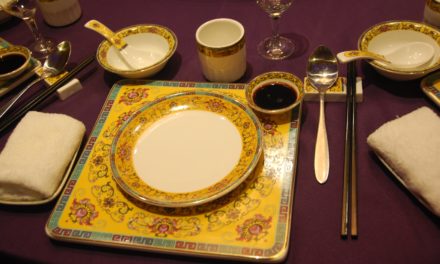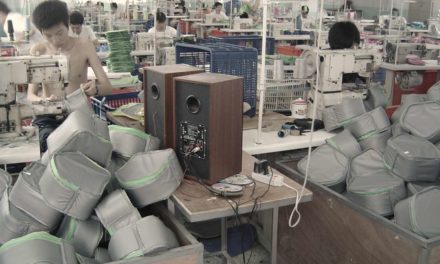Certain phrases plague the importer.
These phrases may be typed in an email and frustratedly emailed to your vendor. These phrases could be muttered around the office. Or they simply could be floating around in your head.
Typically these phrases are geared towards the vendor.
Regardless of how these phrases haunt your thinking or actions, it is my recommendation to get rid of ’em.
“Jacob, why can I not just say what I want and communicate to the supplier whatever floats across my mind?”
Not to sound like a positive thinking guru, but thoughts behind the actions will hinder your success in importing from China. These phrases are reflective of problematic patterns from buyers that hurt the success of an import project.
In the spirit of levity, this post leans on the sarcastic side, but I write from very real experience. Starting out at 22 years of age, working in China (December 2001), I didn’t know how to properly understand how suppliers think and function.
Instead of trying to change the Middle Kingdom, you have to adapt.
The mature importer/buyer puts all this into perspective and uses the best of their suppliers’ abilities. Instead of focusing on emotions and blame, the mature importer uses evidence and planning.
Without further ado…
Phrases to Eliminate in Your China Sourcing
1.) The supplier should’ve known to do this…
Regardless of my lack of control and my many assumptions throughout the process, this low-cost factory should have done the right thing…right? Wrong!
This comment is kin to “Everybody knows what a _ is!”
2.) Why did the supplier not tell us?
Suppliers are not some sort of walking google bot that are able to inform me all results and all contingencies at all times during any given day. I’ve got an entire post on this jewel.
3.) This is wrong, get it right!
The royal buyer waves their scepter and makes this decree in a commanding manner. Like Santa’s elves falling over themselves, the factory workers all scurry about to avoid rattling the importer’s indignation.
Cancel the broad, general statements. Provide the factory with evidence, detailed specs and mocked-up photos to show what to correct. If necessary send physical samples.
4.) Your price is super high!
Instead of marveling at the astronomical number the supplier quoted, spend the time providing the supplier with a target price range and indication of quality. Sometimes, a price that leans “high” is better than an artificially low price…which leads to bigger disappointment (think QUALITY DISASTER).
5.) We’re disappointed / angry / unhappy.
It’s actually a manufacturing company you’re buying from, not a therapist. Minimize the emotional lingo.
Instead of saying, “we’re disappointed in the samples”, try “the samples do not pass our quality expectation and here is a list of the reasons”.
6.) We just want it perfect.
Another broad statement that does not add much to the factory’s game plan. Give the factory parameters of acceptable and unacceptable quality levels. Inform the factory practical details such as the usage of the product and expected market of the product. What’s sold on the shelves in the USA is not what’s sold on the shelves in China.
7.) We have to rush these.
…and the factory thinks, “you want them fast or you want them produced in the proper manner?”
Do not neglect that with each product, there are certain processes that if skipped or hurried, can lead to disastrous results.
8.) This is not acceptable.
This one is iffy but in the end, it adds nothing to the path of producing a quality item. Only let the factory know something is “not acceptable” if you then proceed to show them, again via evidence (mockups, samples, facts), how to make it acceptable.

86 these phrases and ultimately this style of thinking and your China endeavors will be more fruitful
In communicating cross-languages and cross-culturally, practice holding yourself to a higher standard.
You are an ambassador for your country, your brand and on behalf of your clients. Phrases, slang and emotionalism are all lost in translation…and not just language translation but cultural and economic understanding.
Finally, as in any business endeavor, avoid getting in the weeds with who said what or why or how.
Be more solution oriented in your China sourcing and eventual (hopefully) orders.










China Sourcing Basics
Let me share what I've learned about China Sourcing.
Provide your email & receive free ebook: 40 Tips for Emailing China Suppliers.
I'll never spam. I'll share tips on Private Labeling, Sourcing and China Business.
You have Successfully Subscribed!